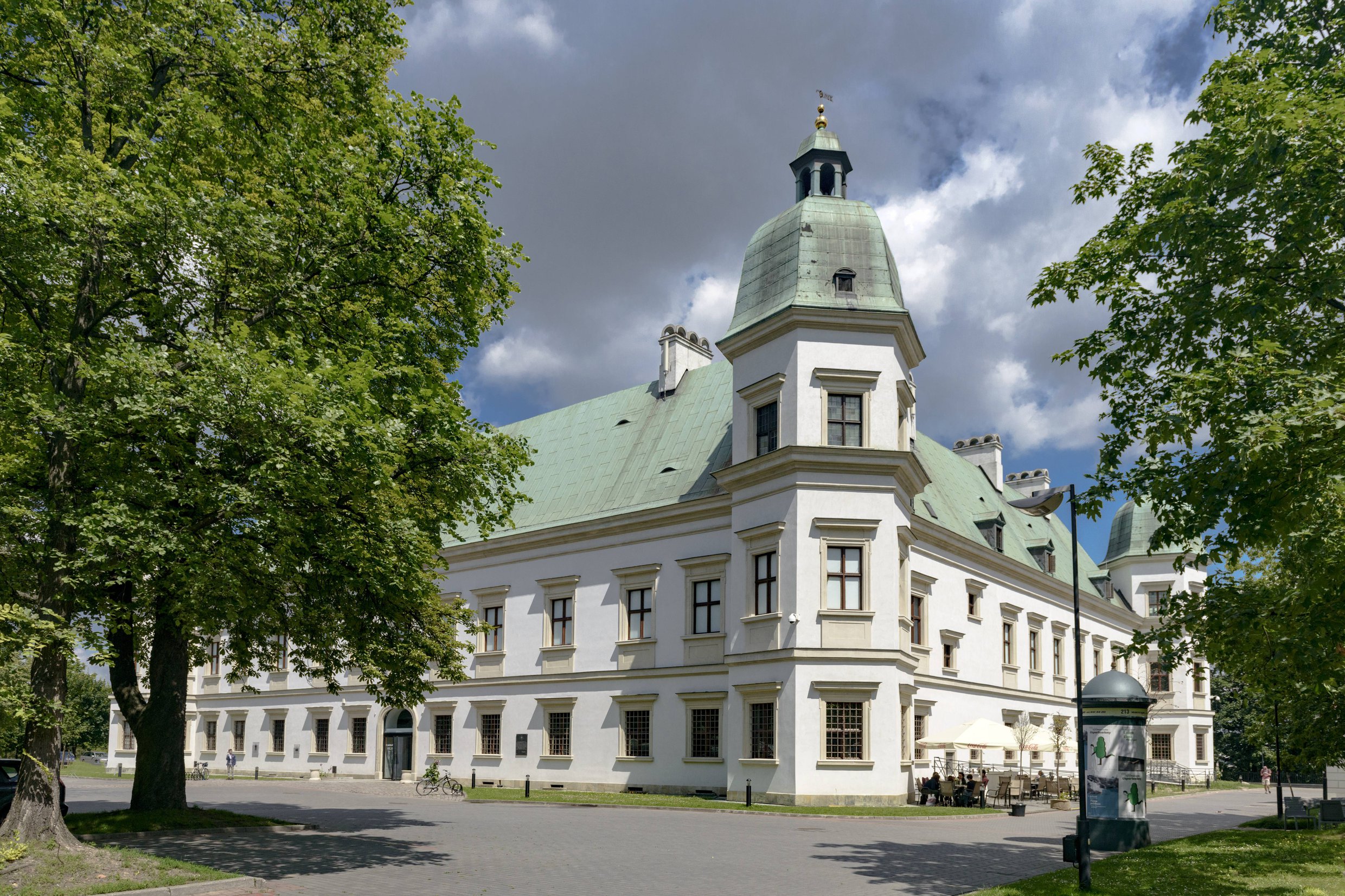A key institution for Polish cultural heritage of post-Cold War era under threat

In the post-communist epoch since 1990, Poland has come to be considered as a country of global importance for contemporary art and culture. One of the institutions that has played an important role in establishing Poland’s position in the world of contemporary art and culture is the Ujazdowski Castle Centre for Contemporary Art. The Centre has been an advocate of experimental visual and performative art, organising numerous exhibitions showcasing both Polish and international artists and projects, supporting artistic and intellectual production and supporting emerging artists, all while developing a meaningful collection of international contemporary art as a reflection of that.
Three weeks ago, it opened Far Too Many Stories to Fit into so Small a Box, a sophisticated review of the Centre’s collection and archives curated by Dutch artist duo, Bik Van der Pol and by Joanna Zielinska, the CCA curator. As a performative exhibition, it combines artefacts and films from the Centre’s collection with a vision based on conversations with artists, curators and others who have participated in creating the history of Ujazdowski Castle, presenting oral history by the community in a cutting-edge way.
Parallel to this, the Ujazdowski Castle Centre for Contemporary Art has become the subject of public debate when wide public discontent was voiced about the appointment by the Polish Minister of Culture and National Heritage of a new Centre director to replace the present director in 2020. This appointment was announced without any open competition for the nomination. An open letter was signed by many important Polish academic and cultural actors such as nobel prize laureate Olga Tokarczuk, Oscar-winner Paweł Pawlikowski and artist Miroslaw Balka. The letter was also signed by international museum professionals such as former presidents of the International Committee for Museums and Collections of Modern Art (CIMAM), Zdenka Badovinac and Manuel Borja-Villel.
The letter starts as follows: ‘As citizens and members of the international artistic community as well as the audience of contemporary art, we firmly object to the decision made by the Minister of Culture and National Heritage of the Republic of Poland to appoint Piotr Bernatowicz to the position of the director of the Ujazdowski Castle Centre for Contemporary Art without an open competition recruitment procedure. We reject both the manner in which the appointment was carried out and the candidate chosen by the Minister.’ The letter argues this in detail (http://chng.it/kKXYhJszhm).
There is a tradition of competition procedures in Poland, and CIMAM deplores the fact that these procedures were not followed. CIMAM is aware of the fact that the Ministry is not in violation of ruling regulations by appointing the new director without open competition, as the regulations treat competition and appointment-without-competition equally. Some directors of other renowned art institutions in Poland – such as the Museum of Modern Art Warsaw and Zacheta National Gallery of Art – have been appointed without competition by predecessors of the current minister. However, those nominations did not raise controversy as the nominated persons were esteemed in the world of contemporary art – the world in which these institutions function in and contribute to. On the contrary, the new director of the Centre was appointed, so to say, “against” this milieu, and against the majority of the Centre team.
The nomination of a director of a public cultural institution in a democracy is a prerogative of politics. But politicians are susceptible to making mistakes. Especially for complex institutions such as international contemporary art museums, there is an imperative to be aware of the vital need for diverse expertise.
CIMAM expresses its concern as the new director was nominated by the Minister without consulting nor respecting the opinion of the most esteemed art professionals, artists and the institution’s team. This decision threatens to cause tension in the art community and deprive the institution of its authority. Furthermore, public statements of the new director, as well as his previous activities, raise concerns that the institution’s legacy will be negated, a legacy of an institution committed to experimental, cutting-edge art and practice, as expressed up until its most recent exhibitions.
Contemporary art institutions have to function on both national and international levels, navigating and negotiating challenges of the present and developing an understanding of the world in a way that has yet to be commonly understood. Success in this area would no doubt add to the international standing of the institution’s country in the world of contemporary art and culture. For the Ujazdowski Castle Centre for Contemporary Art to continue its commendable track record and legacy, it commands, at its head, a director with expertise aligned with the institution’s values and mission, and personally esteemed in the wider global contemporary art world.
CIMAM appeals for the organisation of a transparent jury with a mixture of Polish and international professionals, based upon clearly-established institutional aims formulated by politics, that would allow for the selection of the best candidate, and equip him or her with public legitimacy. The format of open competition – the way in which the present and previous directors of Ujazdowski Castle Centre for Contemporary Art were appointed – is the most appropriate one.
27 November 2019
The Museum Watch Committee of the CIMAM Board.
CIMAM – International Committee for Museums and Collections of Modern Art – is an Affiliated Organization of ICOM.